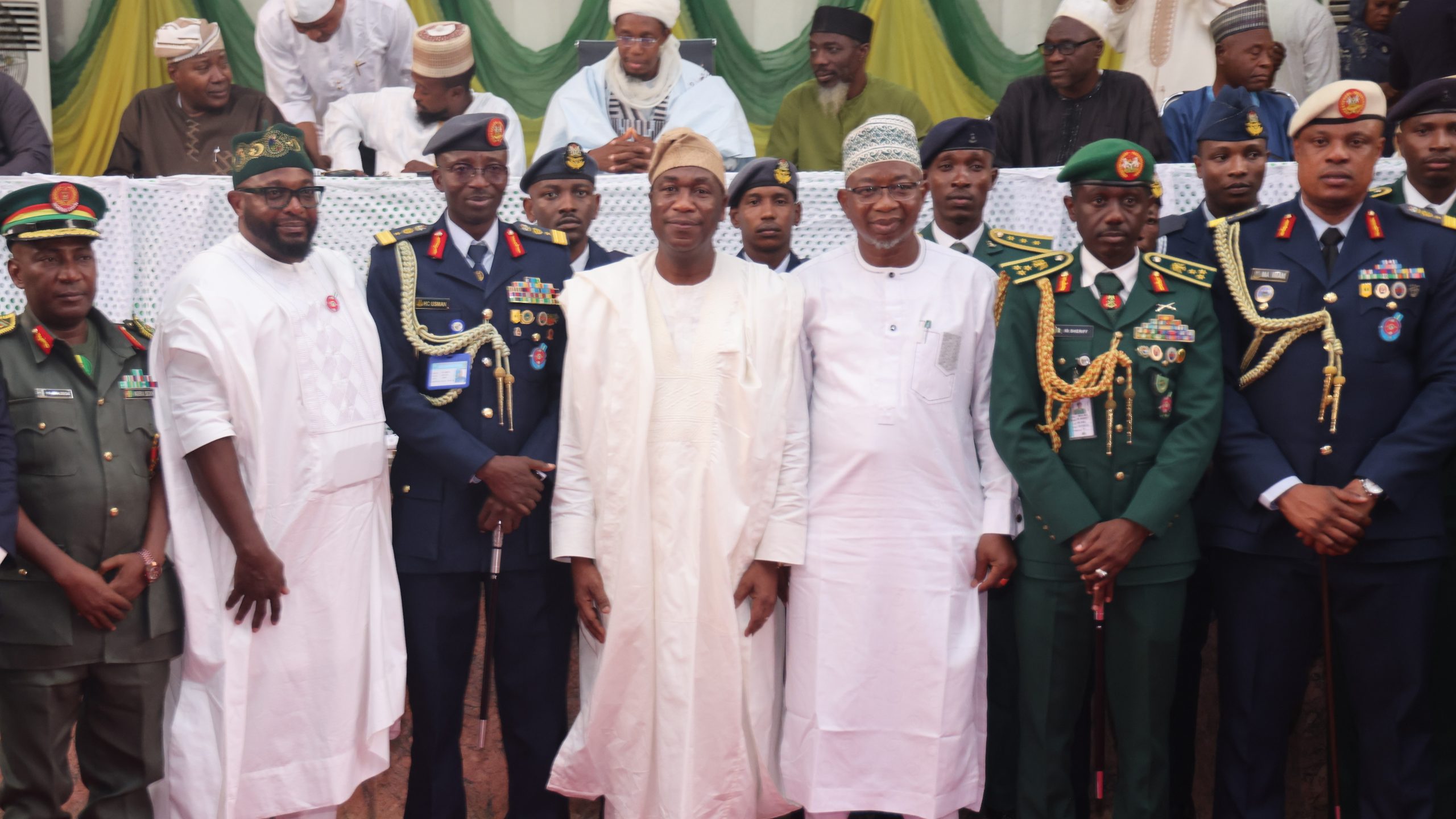The Inter-Party Advisory Council (IPAC) has commended the ECOWAS Network of Electoral Commissions (ECONEC) for its unwavering efforts in promoting credible electoral processes across West Africa.
The council recognised the vital role the mission plays in evaluating Nigeria’s implementation of recommendations issued by the ECOWAS and African Union Election Observation Missions following the 2023 general elections.
IPAC National Chairman, Dr. Yusuf Dantalle, disclosed this in Abuja during a meeting with the ECONEC Post-Election Follow-up and Needs Assessment Mission to Nigeria. He highlighted the mission’s support for Nigeria’s democratic development.
The visiting ECONEC delegation is led by the Chairperson of Liberia’s National Elections Commission and includes representatives from other electoral bodies across West Africa, along with experts from International IDEA and the Electoral Institute for Sustainable Democracy in Africa (EISA).
Dantalle said: “We are indeed excited to welcome you to Nigeria and to have you with us today.
We commend and appreciate your invaluable role in deepening democracy in Nigeria and the sub-region at large.
“Your mandate is in sync with the role of the Inter Party Advisory Council in our efforts in strengthening our democracy and ensuring its principles are observed within its tenets and global best practices. We, therefore, applaud ECONEC’s efforts in promoting free, transparent, and credible elections in the sub-region and Nigeria in particular.
“Also critical is ECONEC’s role in assessing the implementation of its recommendations by evaluating the extent to which previous recommendations from ECOWAS and African Union election observation missions have been implemented.
“Identify possible areas of support for the implementation of these recommendations and assess the legal and operational aspects towards the 2027 General Election to identify the capacity needs of INEC.”
Dantalle recognised ECONEC’s role in evaluating Nigeria’s progress in implementing recommendations provided by the ECOWAS and African Union Election Observation Missions after the 2023 general elections.
He stated that IPAC has collaborated with organisations such as the Westminster Foundation for Democracy, the Kukah Foundation, and INEC to deliver mediation and dialogue training aimed at preventing election-related violence and safeguarding observers in the field.
He added that political parties under IPAC have been sensitised to the importance of deploying knowledgeable agents.
Dantalle observed that financial constraints limit many smaller parties from deploying agents nationwide, renewing calls for the reintroduction of annual grants to political parties.
He indicated that the Council has shifted from a Code of Conduct to a full Constitution, launched just the day prior, designed to minimise electoral disputes and foster intra- and inter-party harmony.
Dantalle criticised the ongoing culture of post-election litigation and accused some politicians of exploiting election tribunals as channels for political bargaining.
He remarked that despite ongoing challenges, IPAC, in partnership with INEC, continues voter education efforts to reduce dependence on divisive political narratives.
He cautioned against the continuing trends of zoning and religious rhetoric as Nigeria approaches the 2027 elections.
Dantalle highlighted that IPAC has consistently engaged the public on political tolerance, particularly through pre-election peace accords facilitated by the National Peace Committee.
Nevertheless, he noted that voter intimidation, hate speech, and vote trading remain persistent issues.
Recognising that Nigeria’s democratic journey remains a work in progress, Dantalle concluded by emphasising the need for ongoing collaboration with ECONEC and other development partners to sustain electoral reforms.






